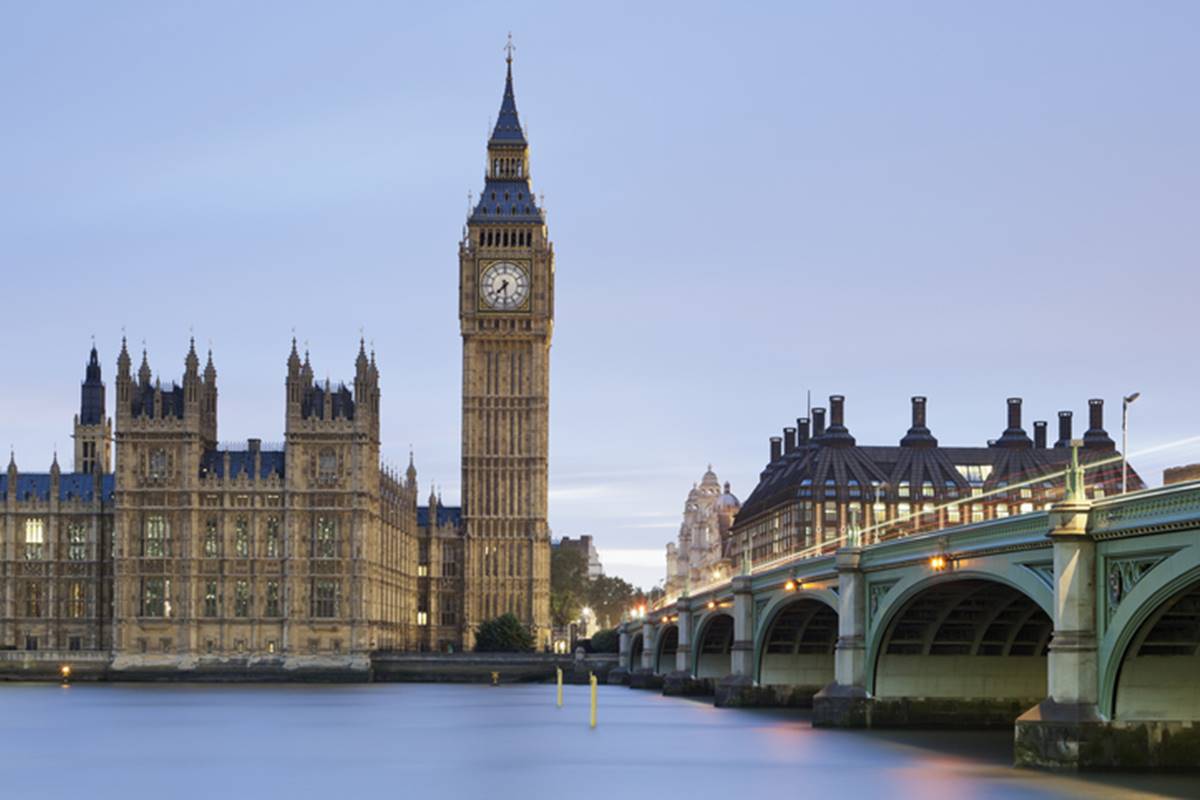Heat breaks historical record in Cuba Yamil Laji/AFP/Metsol Meteorology
Yesterday, Cuba set a new record for absolute maximum temperatures when it recorded 40.1 degrees Celsius in Jucarito, a town in Granma province, a value considered the highest in its history by the island's meteorological service. The country joins many others around the world that have seen nationwide absolute maximum temperatures in recent months, a period of accelerated warming of the planet.
Before yesterday, the absolute maximum temperature record in Cuba, reported at the Vegetas station in the same province, was 39.7 degrees Celsius, on April 12, 2020. This information was published by the Cuban National Meteorological Service.
The notable impact of high pressure, strong solar radiation, low cloud cover and weak winds set a new record for Jocarito, state-run newspaper Cubadebate reported. Several heat records have been set in recent weeks in Central America and the Caribbean.
Jucarito, an area that has recorded high temperatures in recent years, broke its previous record on this day, when the weather station's thermometer recorded 39.2 degrees Celsius on April 11, 2020.
Before yesterday's record, the temperature the previous day had reached 38.6 degrees Celsius, and on March 17 thermometers recorded 38.9 degrees Celsius. According to the Climate Center of the Meteorological Institute (Insmet), March 2024 was the hottest month in Cuba, taking the highest recorded temperature as a reference.
Other Cuban areas that show a tendency to have a sharp rise in temperatures above their usual values are the villages of Vegetas, also in Granma, and Indio Hatoy, in the western province of Matanzas, where the temperature reached 39.3 degrees Celsius.
According to studies by the Ministry of Science, Technology and Environment (Citma), projections for Caribbean countries facing the effects of global warming predict that the increase in average annual temperature will be more than 1 degree Celsius in 2030 and will be 3.5 degrees in 2070 taking the period 1961-1990 reference.
The Cuban estimates exceed the 1.5°C limit set by the international community to combat climate change, an increase set in the Paris Agreement as a limit to avoid the most catastrophic consequences of global climate change on the planet.
MetSul Meteorologia is available on WhatsApp channels. subscription here To access the channel in the messaging app and receive forecasts, alerts and information about the most important weather and climate events in Brazil and around the world, with exclusive data and information from our team of meteorologists.

“Music fanatic. Professional problem solver. Reader. Award-winning tv ninja.”

![[VÍDEO] Elton John’s final show in the UK has the crowd moving](https://www.tupi.fm/wp-content/uploads/2023/06/Elton-John-1-690x600.jpg)




More Stories
A South African YouTuber is bitten by a green mamba and dies after spending a month in a coma
A reptile expert dies after a snake bite
Maduro recalls his ambassador to Brazil in a move to disavow him and expand the crisis